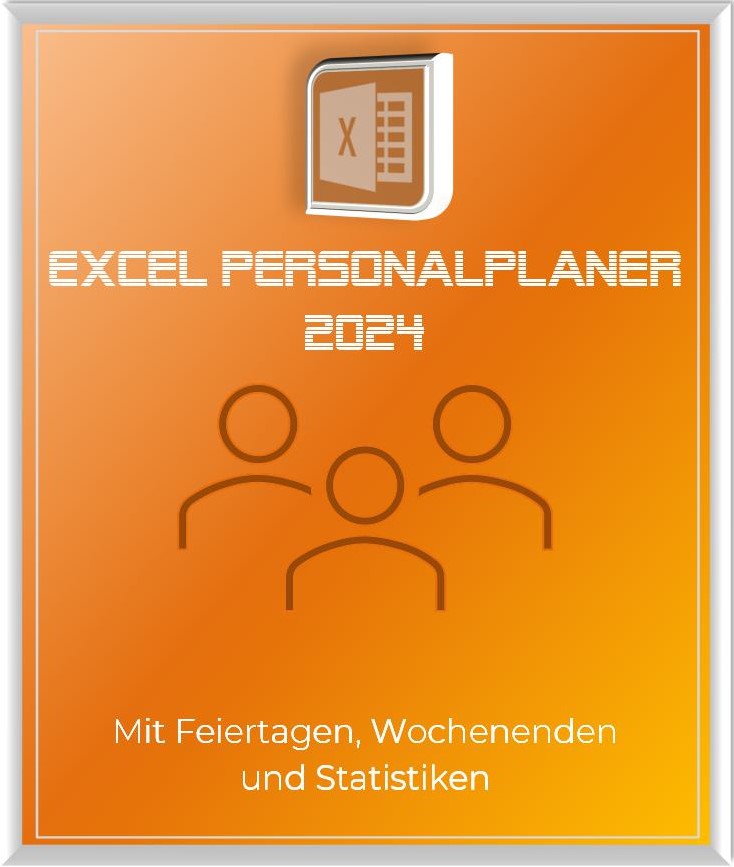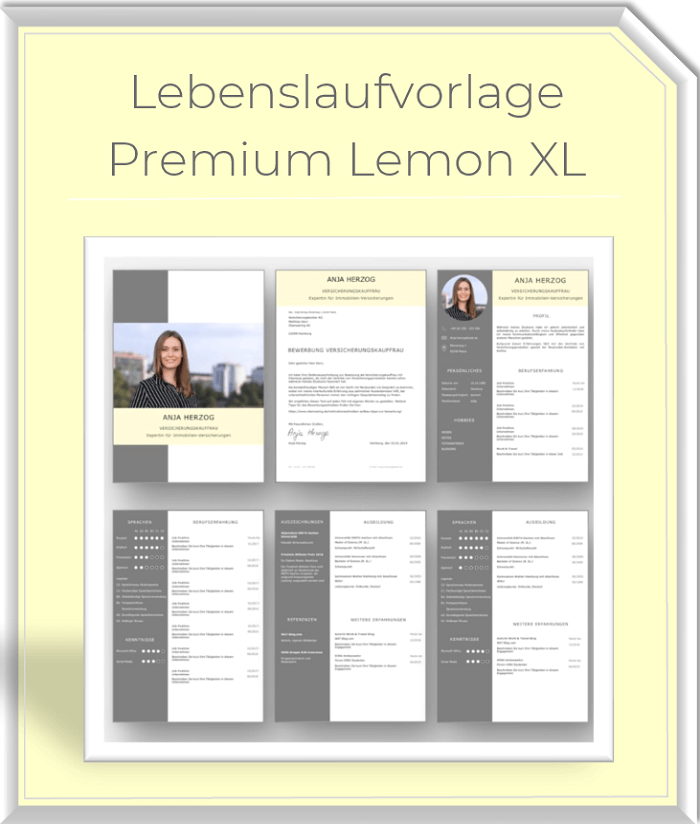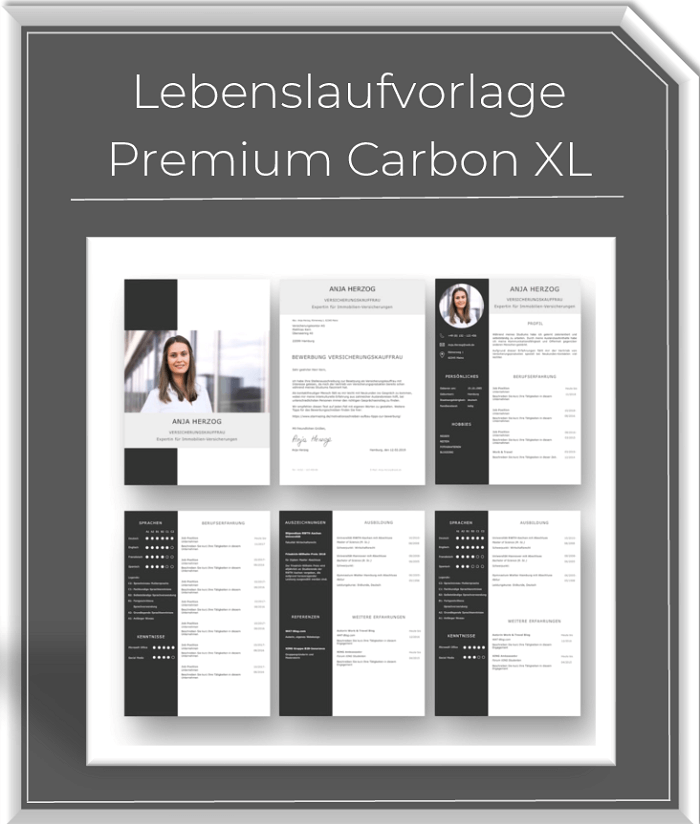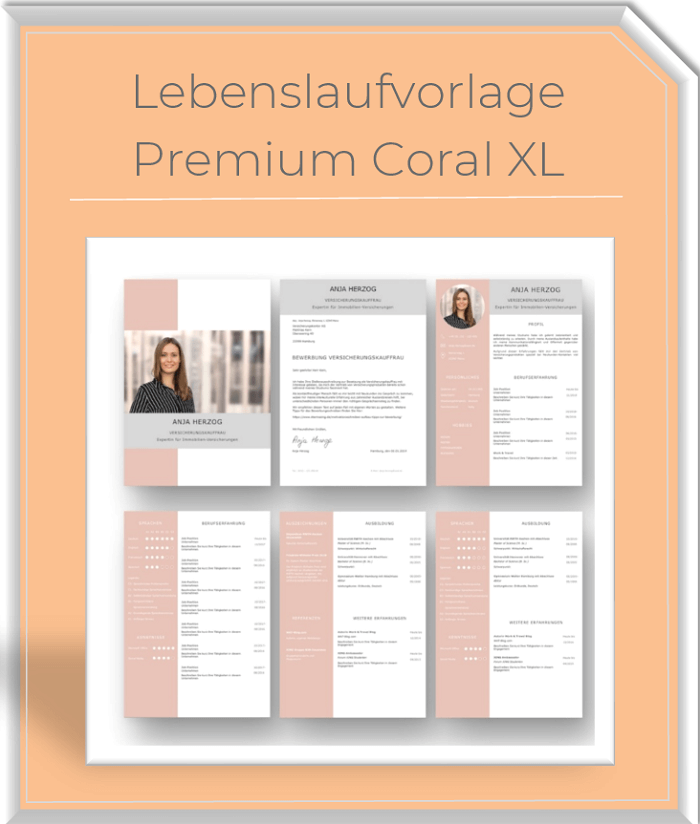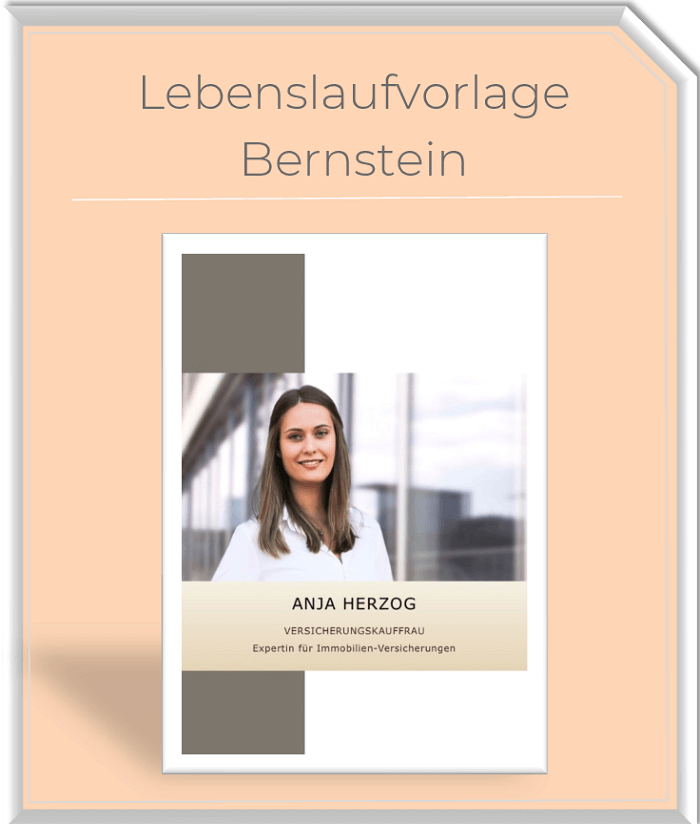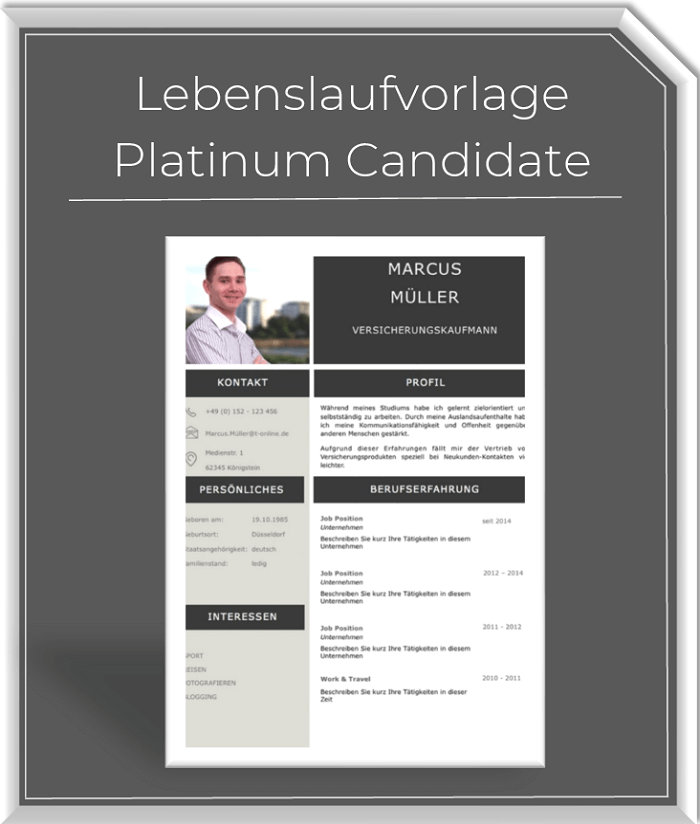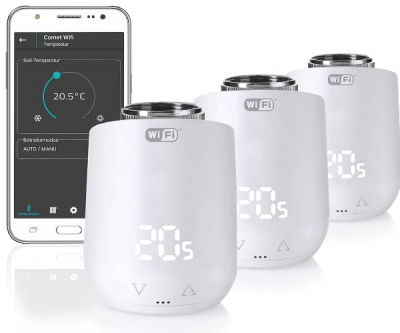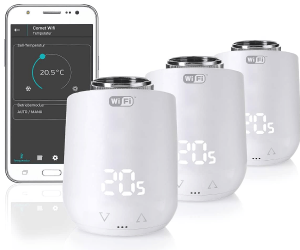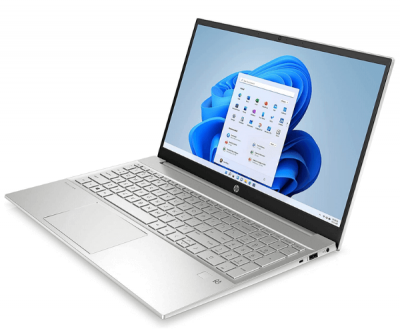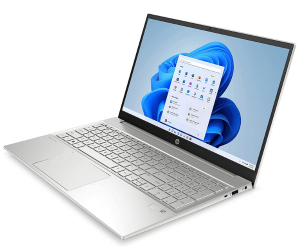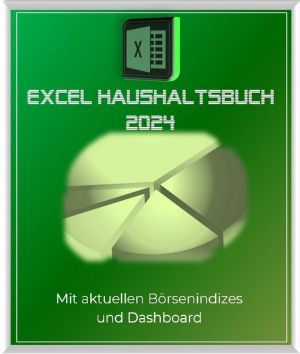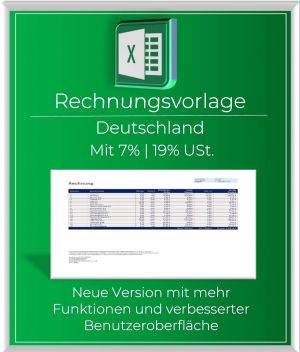Funding for Balcony Power Plants per Federal State
From January 1, 2023, VAT (19 percent) will be waived in Germany for the purchase of balcony solar systems, including solar modules and associated components such as inverters, cables, energy meters and brackets, which are ordered at the same time. The prices for a set have fallen as a result, and depending on the scope of delivery, prices start at around 400 euros for a plug-and-play system with one module. Systems with two modules cost between 800 euros and around 1,200 euros. By using balcony power plants, tenants and apartment owners can quickly and easily produce their own solar power, which not only helps to protect the environment, but also reduces their power consumption. Depending on the location, orientation and weather conditions, the small solar systems for the balcony can reduce annual electricity costs by 100 to 200 euros.
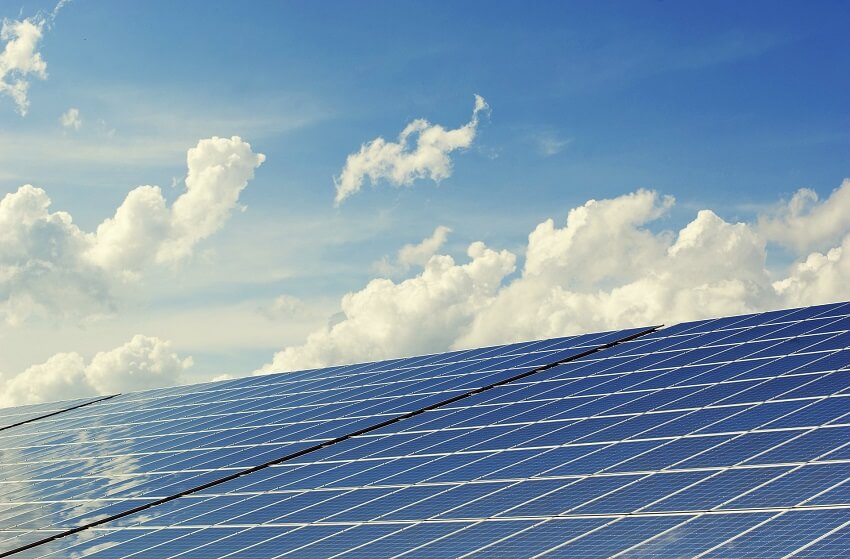
The promotion of balcony power plants is part of the energy transition and also enables people in rented apartments to participate. The miniature version of a photovoltaic system can usually be assembled without the help of a professional and supplies the daily electricity needs of appliances such as refrigerators when the sun is shining. By using such a plug-in solar device, electricity costs can be saved in the long term. Since the modules can produce electricity for more than 20 years, the purchase is always worthwhile, even if the inverter has to be replaced during this period (cost 200 to 300 euros). You can purchase a balcony power station with a maximum output of 600 watts and a suitable frame for as little as 1,000 euros, sometimes even cheaper in a special offer. Thus, the costs are worthwhile during its lifetime.
Funding for Balcony Power Plants per Federal State
From January 1, 2023, VAT (19 percent) will be waived in Germany for the purchase of balcony solar systems, including solar modules and associated components such as inverters, cables, energy meters and brackets, which are ordered at the same time. The prices for a set have fallen as a result, and depending on the scope of delivery, prices start at around 400 euros for a plug-and-play system with one module. Systems with two modules cost between 800 euros and around 1,200 euros. By using balcony power plants, tenants and apartment owners can quickly and easily produce their own solar power, which not only helps to protect the environment, but also reduces their power consumption. Depending on the location, orientation and weather conditions, the small solar systems for the balcony can reduce annual electricity costs by 100 to 200 euros.

The promotion of balcony power plants is part of the energy transition and also enables people in rented apartments to participate. The miniature version of a photovoltaic system can usually be assembled without the help of a professional and supplies the daily electricity needs of appliances such as refrigerators when the sun is shining. By using such a plug-in solar device, electricity costs can be saved in the long term. Since the modules can produce electricity for more than 20 years, the purchase is always worthwhile, even if the inverter has to be replaced during this period (cost 200 to 300 euros). You can purchase a balcony power station with a maximum output of 600 watts and a suitable frame for as little as 1,000 euros, sometimes even cheaper in a special offer. Thus, the costs are worthwhile during its lifetime.
VAT for balcony Power Plants to 0%
VAT for balcony Power Plants to 0%
Previously, buyers of balcony power plants had to pay the usual 19 percent VAT. Since January 1st, 2023, it has been significantly more economical for homeowners to set up a balcony power plant. The VAT rate was reduced to zero percent – this applies to solar modules, inverters, storage, cables, brackets and even for shipping. This means that sellers are no longer allowed to charge VAT on the sale of PV systems from the key date and private buyers can now get the hardware for their mini PV system free of VAT.
This tax exemption applies to all residential buildings and applies to PV systems of all sizes. Regardless of whether it is a larger PV system for the roof with up to 30 kWp (kilowatt peak output) or a small balcony power plant with 600 watts, the tax exemption noticeably reduces the acquisition costs for such a system and increases its amortization.
The savings are around 19 percent. For example, a balcony power plant that was purchased before January 1, 2023 as a complete package for EUR 1,100 will only cost EUR 924.00 from 2023. Given the current energy crisis and citizens’ desire to become autonomous, a balcony power plant is an attractive option. In addition, the VAT rate does not apply to larger PV systems with an output of more than 30 kilowatts if they are installed in apartment buildings, public buildings or buildings that serve a charitable purpose.
In addition to the financial relief when buying balcony power plants, there are also important administrative simplifications for homeowners who are planning larger PV systems. Due to the zero percent rule, plant operators can now apply the small business rule without financial disadvantages, since the previous input tax deduction as a reason for waiving the rule is no longer applicable. In addition, private end customers no longer have to do without the small business regulation in order to have the VAT refunded by the tax office.
Another advantage concerns income tax. From 2023, all PV systems with an output of up to 30 kilowatts (peak) will be exempt from income tax. Since yields not consumed by larger systems are remunerated at around 8.2 to 13 cents per kilowatt hour, income can be generated. This income no longer has to be stated in the income tax return. This measure is known as income tax exemption.
PV systems of all sizes and quality levels are available today, which poses a challenge for many consumers. Qualified advice prior to purchase, especially for plug-in solar systems, is therefore of great importance. It is also advisable to keep an eye out for funding opportunities from municipalities and districts on a regular basis, as the funding programs on offer are updated regularly. In the next section we have summarized a list in which you can check how much funding you are currently receiving in your federal state for a balcony power plant.
Previously, buyers of balcony power plants had to pay the usual 19 percent VAT. Since January 1st, 2023, it has been significantly more economical for homeowners to set up a balcony power plant. The VAT rate was reduced to zero percent – this applies to solar modules, inverters, storage, cables, brackets and even for shipping. This means that sellers are no longer allowed to charge VAT on the sale of PV systems from the key date and private buyers can now get the hardware for their mini PV system free of VAT.
This tax exemption applies to all residential buildings and applies to PV systems of all sizes. Regardless of whether it is a larger PV system for the roof with up to 30 kWp (kilowatt peak output) or a small balcony power plant with 600 watts, the tax exemption noticeably reduces the acquisition costs for such a system and increases its amortization.
The savings are around 19 percent. For example, a balcony power plant that was purchased before January 1, 2023 as a complete package for EUR 1,100 will only cost EUR 924.00 from 2023. Given the current energy crisis and citizens’ desire to become autonomous, a balcony power plant is an attractive option. In addition, the VAT rate does not apply to larger PV systems with an output of more than 30 kilowatts if they are installed in apartment buildings, public buildings or buildings that serve a charitable purpose.
In addition to the financial relief when buying balcony power plants, there are also important administrative simplifications for homeowners who are planning larger PV systems. Due to the zero percent rule, plant operators can now apply the small business rule without financial disadvantages, since the previous input tax deduction as a reason for waiving the rule is no longer applicable. In addition, private end customers no longer have to do without the small business regulation in order to have the VAT refunded by the tax office.
Another advantage concerns income tax. From 2023, all PV systems with an output of up to 30 kilowatts (peak) will be exempt from income tax. Since yields not consumed by larger systems are remunerated at around 8.2 to 13 cents per kilowatt hour, income can be generated. This income no longer has to be stated in the income tax return. This measure is known as income tax exemption.
PV systems of all sizes and quality levels are available today, which poses a challenge for many consumers. Qualified advice prior to purchase, especially for plug-in solar systems, is therefore of great importance. It is also advisable to keep an eye out for funding opportunities from municipalities and districts on a regular basis, as the funding programs on offer are updated regularly. In the next section we have summarized a list in which you can check how much funding you are currently receiving in your federal state for a balcony power plant.
How much funding you receive for a balcony power plant in each federal state
How much funding you receive for a balcony power plant in each federal state
In the following list we have listed the funding options we are aware of and the respective funding amounts for each federal state and city (if known). Please note, however, that we cannot assume any liability for the funding amounts given in the list, as this can change constantly. To find out the current amount of funding in your federal state (district), you can click on the respective link in the list, which will take you directly to further information.
It turns out that the subsidies for balcony power plants vary greatly depending on the federal state and are also linked to certain requirements. However, the funding programs are not set in stone, which means that changes can occur on an ongoing basis. To find out about the current funding opportunities, simply click on your state to get more information about the funding options.
Important: Regardless of how the federal government tries to promote the energy transition by making it possible for not only homeowners but also tenants to do something, you should always note that you should always arrange the installation of a balcony power plant with your landlord and, if necessary, the property management to be approved in writing. Read more >>>
In the following list we have listed the funding options we are aware of and the respective funding amounts for each federal state and city (if known). Please note, however, that we cannot assume any liability for the funding amounts given in the list, as this can change constantly. To find out the current amount of funding in your federal state (district), you can click on the respective link in the list, which will take you directly to further information.
It turns out that the subsidies for balcony power plants vary greatly depending on the federal state and are also linked to certain requirements. However, the funding programs are not set in stone, which means that changes can occur on an ongoing basis. To find out about the current funding opportunities, simply click on your state to get more information about the funding options.
Important: Regardless of how the federal government tries to promote the energy transition by making it possible for not only homeowners but also tenants to do something, you should always note that you should always arrange the installation of a balcony power plant with your landlord and, if necessary, the property management to be approved in writing. Read more >>>
Beliebte Beiträge:
Integrate and use ChatGPT in Excel – is that possible?
ChatGPT is more than just a simple chatbot. Learn how it can revolutionize how you work with Excel by translating formulas, creating VBA macros, and even promising future integration with Office.
Create Out of Office Notice in Outlook
To create an Out of Office message in Microsoft Outlook - Office 365, and start relaxing on vacation
The best backup solutions for your data
Keep your data safe and secure! Discover our best backup solutions for your valuable information now. Because safety is the be-all and end-all - and we have the perfect tips.
Internet Addiction – A serious look at a growing problem
Internet addiction is just as serious an illness as alcohol or drug addiction. Just that this is a mental illness. In this article we want to go into the phenomenon in more detail and provide assistance.
Main keyboard shortcuts in Windows 10/11
Entdecken Sie die wichtigsten Shortcuts in Windows 11, um Ihre Produktivität zu steigern. Von allgemeinen Befehlen bis hin zu spezifischen Fenster-Management- und System-Shortcuts, lernen Sie, wie Sie mit diesen Tastenkombinationen effizienter arbeiten können.
Encrypt USB stick – These options are available
Protecting sensitive data is essential. Encrypting USB sticks provides an extra layer of security. Whether it's built-in software, operating system features, third-party software, or hardware encryption, there are numerous options.
Beliebte Beiträge:
Integrate and use ChatGPT in Excel – is that possible?
ChatGPT is more than just a simple chatbot. Learn how it can revolutionize how you work with Excel by translating formulas, creating VBA macros, and even promising future integration with Office.
Create Out of Office Notice in Outlook
To create an Out of Office message in Microsoft Outlook - Office 365, and start relaxing on vacation
The best backup solutions for your data
Keep your data safe and secure! Discover our best backup solutions for your valuable information now. Because safety is the be-all and end-all - and we have the perfect tips.
Internet Addiction – A serious look at a growing problem
Internet addiction is just as serious an illness as alcohol or drug addiction. Just that this is a mental illness. In this article we want to go into the phenomenon in more detail and provide assistance.
Main keyboard shortcuts in Windows 10/11
Entdecken Sie die wichtigsten Shortcuts in Windows 11, um Ihre Produktivität zu steigern. Von allgemeinen Befehlen bis hin zu spezifischen Fenster-Management- und System-Shortcuts, lernen Sie, wie Sie mit diesen Tastenkombinationen effizienter arbeiten können.
Encrypt USB stick – These options are available
Protecting sensitive data is essential. Encrypting USB sticks provides an extra layer of security. Whether it's built-in software, operating system features, third-party software, or hardware encryption, there are numerous options.










